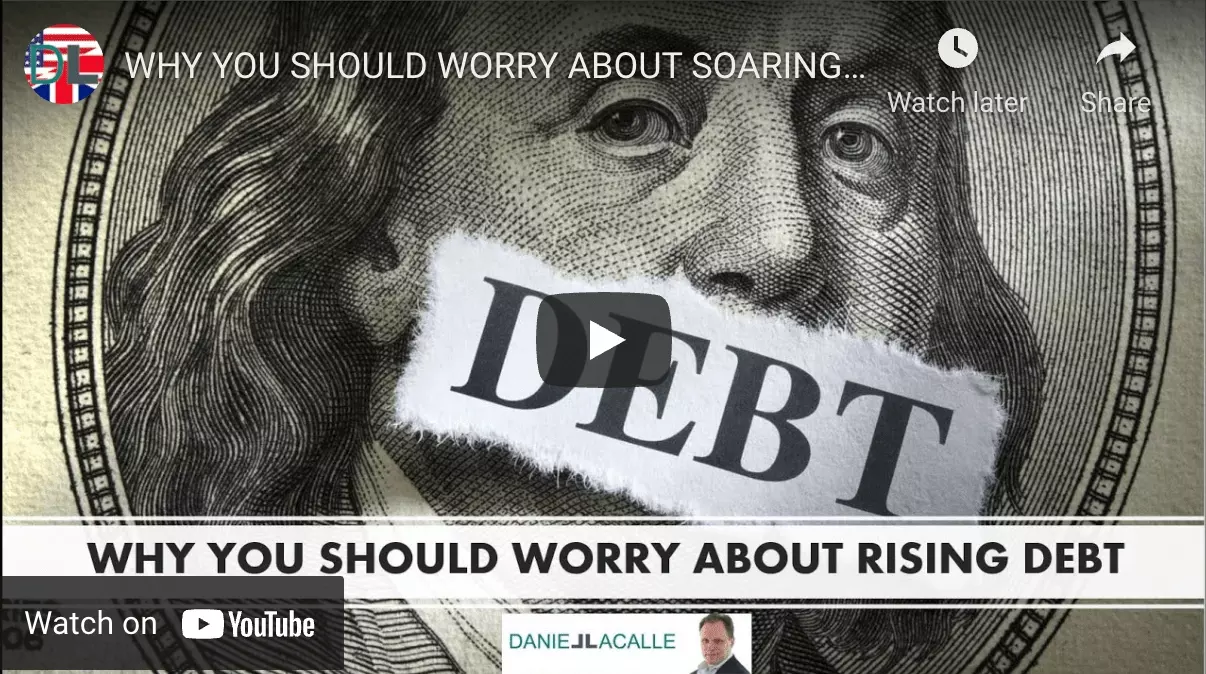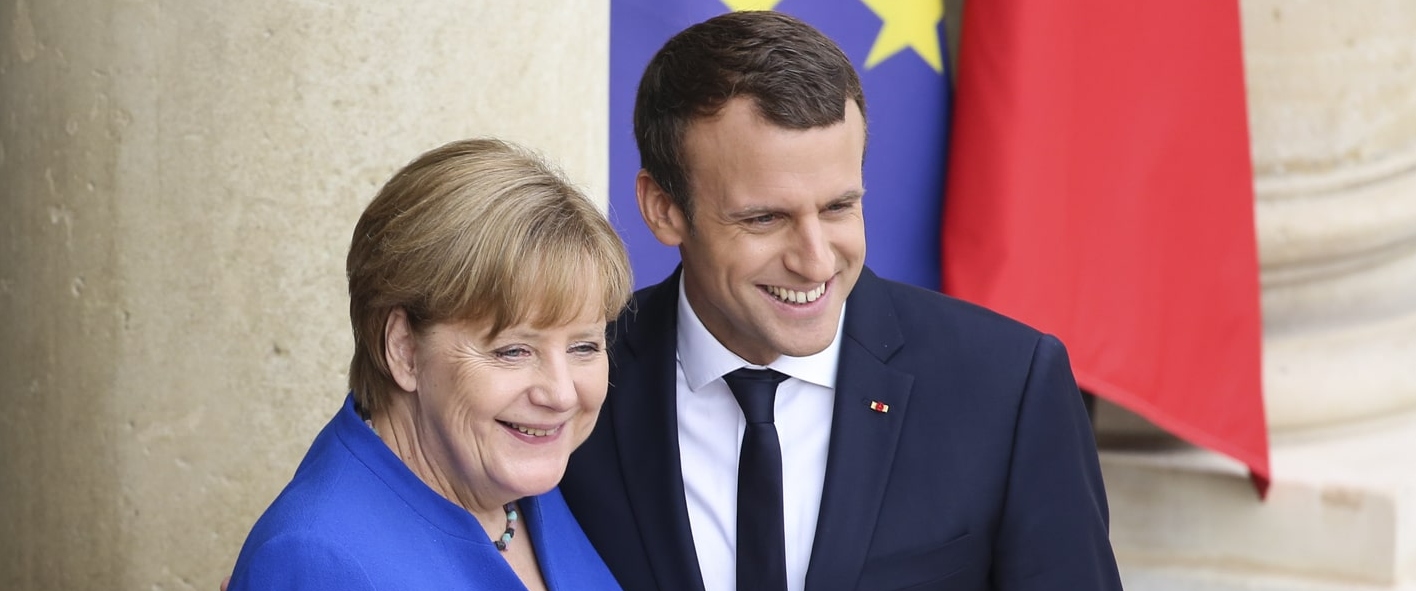If we looked at the investment banking outlook reports for 2021, one of the main consensus themes was a strong conviction on a rapid and robust eurozone recovery. They were wrong.
This week, Capital Economics joined other analysts and downgraded the eurozone growth, highlighting “We now think that the euro-zone economy will recover more slowly than we previously anticipated, growing by about 3% this year and 4.5% in 2022. Meanwhile, euro-zone government bond yields seem unlikely to fall much further, and with Treasury yields set to increase significantly, we expect the widening yield gap to cause the euro to weaken against the US dollar”.

This wave of downgrades, which includes the OECD and European Central Bank estimates, comes with the same-old and tired upgrade of next year’s expectations, which will likely be downgraded again further down the line.
Most politicians blame the eurozone weakness on the pandemic and the slow vaccine roll out. It is partially true. None of those two factors are detached from one of the main traits that makes the eurozone consistently disappoint in growth and crisis periods: massive bureaucracy.
The slow vaccine roll-out of the eurozone is evident in Bloomberg Economics’ Covid-19 resilience ranking and Our World In Data vaccines administered per 100 people falling significantly below Israel, Chile, the United States or the United Kingdom, despite the eurozone economies having the highest levels of public healthcare spending in the world. The reason why the eurozone lags in vaccinations comes from a bureaucratic and slow process in the approval and purchase of vaccines.
The European Union unnecessarily delayed the approval of vaccines that had already been tested and confirmed by US and UK health authorities, but also implemented a rigid, complicated, and tedious process in reaching commercial agreements with the vaccine supplying companies. Unfortunately, instead of recognising the mistakes made, politicians decided to start a blame war accusing Astra Zeneca and other companies of not fulfilling contracts, something that has been disproven numerous times but is further delaying the vaccination efforts.
The Financial Times highlighted that “the EU’s faltering vaccination campaign has been hamstrung by botched central procurement process, supply shortfalls, logistical hurdles and excessive risk aversion from some national medical regulators”. The European political elite was so proud of its healthcare system and centralized procurement process that failed to understand the importance of time and efficiency in this pandemic. While the UK has now administered 48.5 vaccine doses per 100 people and the US 40.8, the EU has only managed 14.9 according to Our World In Data.
The economic problems of the eurozone aren’t mainly due to a slow vaccine rollout, but overly aggressive lockdowns. Between October and November, Europe’s leading economies decided to shut down the economy aggressively to prevent an increase in cases. Despite France’s extremely severe lockdown, one of the most aggressive in the world, daily new confirmed cases per 100 people went from 250 cases at the beginning of October to 522 as of March 26th. Daily new cases rose rapidly and fell in the month of November but have risen steadily since January. In Italy, new cases went from 70 in October to 369 by March 26th. In Germany, from 117 to 179 in the same period. In all of them, daily new cases have steadily risen since bottoming in January even with severe lockdowns. Shutting down the economy for prolonged periods of time generates long-term side effects in jobs and growth that will likely hurt the recovery and create important social challenges. We cannot forget that the eurozone still had an unemployment rate of 8.3% and more than seven million furloughed jobs at the end of February.
Massive stimulus plans have been implemented, with the European Central Bank increasing its balance sheet to 63% of the eurozone GDP vs the Fed at 36%, and money supply growing at a 12% annualized rate in the euro area. Fiscal stimulus is also enormous, with fiscal impulse and liquidity measures ranging between 10% (Spain) to 50% of GDP (Germany) in the main economies.
It is important to note that it is not just how much is spent, but where and when. A significant part of the fiscal stimulus in Spain, France, Italy, and Germany has been targeted at maintaining current government spending, and the measures to support businesses have only been decisive in Germany and France. However, large, and decisive measures to support businesses may fail as prolonged lockdowns lead to an insolvency crisis and inevitably a relevant part of those support mechanisms will zombify the economy, especially as this was an important risk that already existed in the eurozone before Covid-19, according to the Bank of International Settlements.
We cannot forget that the eurozone recovery might be to go back to a weak situation, which was evident before Covid-19. Germany was on the verge of recession at the end of 2019 and France and Italy were delivering zero growth in the last quarter. The eurozone slowdown was, in fact, a widespread concern for 2020 despite all the liquidity and fiscal measures implemented, negative rates, massive repurchases of sovereign bonds by the ECB and a now forgotten Juncker Plan that was launched as the most important investment program in the European Union a few years before the pandemic and whose results were disappointing to say the least.
The Eurozone has enormous potential and could become a global leader by getting out of the debt crisis and the one size fits all approach. To achieve its goals, it needs to take urgent measures to reduce bureaucracy, unlock jobs and support the creation of new businesses and reduce damaging taxation. The time to do all these changes is now.




Leave your comments
Post comment as a guest